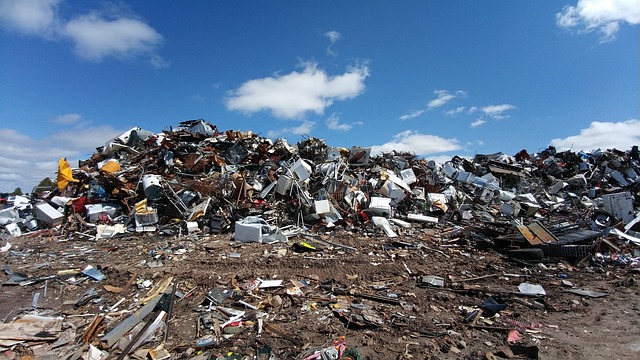BS EN 12507 Waste Self-Heating Test
The BS EN 12507 test evaluates waste materials to determine whether they possess self-heating properties, which can lead to dangerous exothermic reactions. This is particularly important in the context of waste management and recycling testing as it helps ensure that waste streams are safely handled and stored.
Self-heating occurs when a material undergoes an increase in temperature due to internal heat generation, often caused by biological activity or chemical processes within the waste. If unchecked, this can lead to fires or explosions, posing significant risks not only to personnel but also to the environment. This test is crucial for facilities dealing with hazardous and industrial wastes that may contain organic compounds, biohazards, or other materials prone to self-heating.
The test method involves a controlled incubation period during which the sample is closely monitored for temperature changes. The results provide critical data on the potential for exothermic reactions, helping facilities make informed decisions about waste management practices and storage conditions.
Understanding the self-heating properties of your waste stream can prevent costly incidents and ensure compliance with regulatory requirements. By knowing how to properly categorize and handle these materials, you can enhance operational safety while minimizing environmental impact.
| Stage | Description |
|---|---|
| Sample Preparation | The sample must be representative of the waste stream and prepared according to specified guidelines. |
| Incubation Period | The sample is incubated under controlled conditions over a set period, during which temperature changes are monitored. |
| Data Analysis | Temperature data is analyzed to determine the potential for self-heating and categorize the waste accordingly. |
The BS EN 12507 test is a critical tool in the waste management sector, ensuring that hazardous materials are handled safely. By understanding your waste's self-heating properties, you can implement appropriate storage solutions and avoid potential risks associated with improper handling.
- Identifies dangerous exothermic reactions
- Critical for safe waste disposal practices
- Aids in proper categorization of hazardous waste
Scope and Methodology
The BS EN 12507 test is designed to evaluate the potential for self-heating in waste materials, which can lead to dangerous exothermic reactions. This method is particularly applicable to hazardous and industrial wastes that may contain organic compounds or biohazards.
- Sample Preparation: The sample must be representative of the waste stream and prepared according to specified guidelines.
- Incubation Period: The sample is incubated under controlled conditions over a set period, during which temperature changes are monitored.
- Data Analysis: Temperature data is analyzed to determine the potential for self-heating and categorize the waste accordingly.
The test involves placing a specified mass of the waste material into a sealed container with an oxygen supply. The sample is then incubated at a controlled temperature, typically between 25°C and 30°C, while monitoring the internal temperature for any significant increases. If the temperature rises above a predetermined threshold, it indicates that self-heating may occur under certain conditions.
The results of this test are essential for categorizing waste materials according to their potential hazards. Proper classification is crucial for safe handling and storage, as well as for compliance with regulatory requirements. This information can also inform the design of appropriate containment systems and operational procedures in facilities dealing with hazardous and industrial wastes.
Eurolab Advantages
At Eurolab, we offer comprehensive testing services that go beyond just meeting standards; we provide actionable insights tailored to your specific needs. Our expertise lies in delivering accurate, reliable results through state-of-the-art equipment and experienced personnel.
- Accurate and Reliable Results: We ensure precise measurements and interpretations, providing you with clear data for decision-making.
- Compliance Assurance: Stay ahead of regulatory changes by ensuring your processes meet current standards.
- Expert Personnel: Our team consists of highly skilled professionals who understand the intricacies of waste management testing.
We offer a range of services that can be customized to fit your specific requirements, whether you need general testing or specialized analysis. Our commitment to quality and customer satisfaction has made us a trusted partner for industries across Europe.
Why Choose This Test
- Identifies dangerous exothermic reactions that could lead to fires or explosions
- Aids in proper categorization of hazardous waste, ensuring safe handling and storage
- Precise temperature monitoring provides critical data for decision-making
The BS EN 12507 test is essential for facilities dealing with hazardous and industrial wastes. By understanding the self-heating properties of your waste stream, you can implement appropriate storage solutions and avoid potential risks associated with improper handling.
- Enhances operational safety
- Minimizes environmental impact
- Aids in compliance with regulatory requirements
The test results not only provide valuable information for waste management but also contribute to the overall safety and efficiency of your operations.





